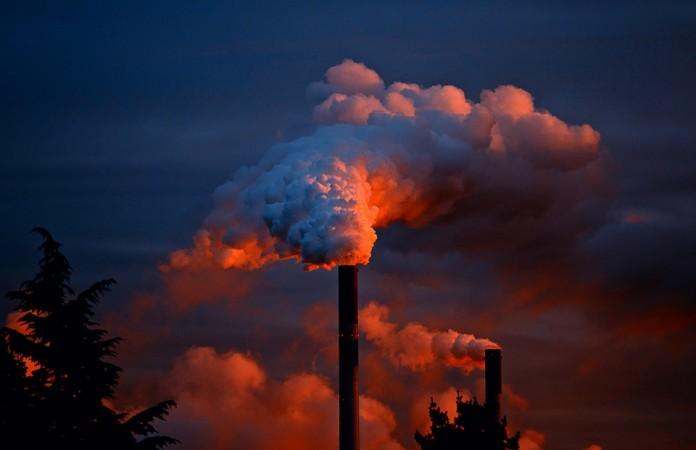The United Nations on Monday said that the concentration of carbon dioxide (CO2) in the atmosphere has hit a record high. The last time Earth experienced similar CO2 concentration rates was nearly three to five million years ago, a report of the World Meteorological Organization (WMO) stated.
The global organisation warned that countries across the globe need to take urgent and concrete actions to reach the targets set by the Paris Climate Agreement.
The Paris Agreement, which was signed in 2015, involves nearly 200 countries with a goal to limit global warming well below two degrees Celcius above pre-industrial levels. The United States President Donald Trump however recently pulled out of the historic accord, despite the US being the world's second-biggest carbon dioxide emitter behind China.
"Concentrations of carbon dioxide in the atmosphere surged at a record-breaking speed in 2016," the WMO said.

"Globally averaged concentrations of CO2 reached 403.3 parts per million in 2016, up from 400.00 ppm in 2015 because of a combination of human activities and a strong El Nino event," it said, according to AFP reports.
The UN weather agency's annual flagship report, the Greenhouse Gas Bulletin, keeps a track of the content of dangerous gases in the atmosphere in the post-industrial era (since 1750). The report said that the last time Earth experienced similar CO2 concentration rates was nearly three to five million years ago when the sea level was up to 20 metres (66 feet) higher than now.

"Without rapid cuts in CO2 and other greenhouse gas emissions, we will be heading for dangerous temperature increases by the end of this century, well above the target set by the Paris climate change agreement," WMO chief Petteri Taalas said in a statement.
The head of the UN Environment Erik Solheim, also released a statement in reaction to the report, stating: "The numbers don't lie. We are still emitting far too much and this needs to be reverse. "What we need now is global political will and a new sense of urgency."














